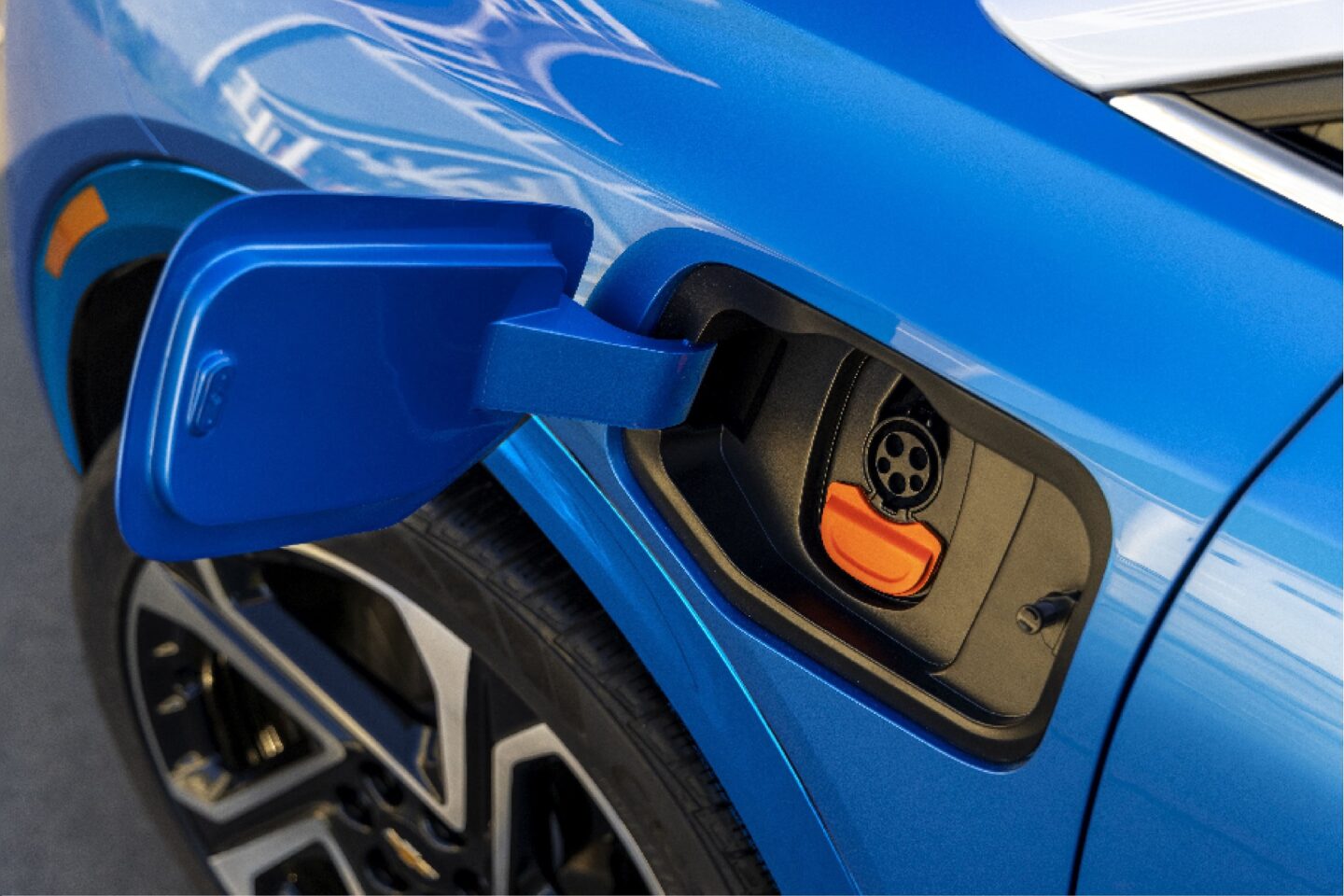
Vale subsidiary Vale Canada has reached a long-term nickel supply agreement with General Motors, as the automaker seeks to secure access to battery metals to meet the surging demand for electric vehicles (EVs).
Under the agreement, GM will buy battery-grade nickel sulfate equal to 25,000 metric tonnes of contained nickel per year from US free-trade partner Vale Canada for use in its Ultium battery cathodes to power EVs.
Vale Canada plans to start nickel sulfate deliveries from its proposed plant in Becancour, Quebec, Canada, from the second half of 2026.
The supply would be sufficient for around 350,000 EVs annually.
Vale base metals executive vice-president Deshnee Naidoo said: “The proposed nickel sulfate project would utilise high purity, low-carbon nickel from our Canadian refineries and is a natural extension for the business, offering diversified sales and a fast entry and anchor point into the North American electric vehicle market.”
Furthermore, Vale and GM will collaborate to assess ways to produce recycled raw metals.
GM global product development, purchasing and supply chain executive vice-president Doug Parks said: “This new agreement with Vale reinforces GM’s leadership in building a secure and sustainable North America EV supply chain and will provide GM with a significant supply of high-grade nickel sulfate from a low-carbon source.”
“In addition, Canada continues to play an important role in GM’s all-electric future and the material sourced from Vale will help support EV eligibility for consumer incentives under the new clean energy tax credits in the US.”



